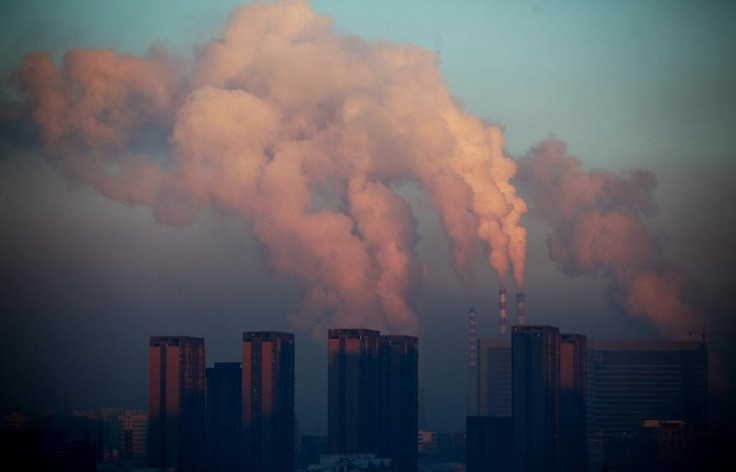Pakistan Uses Artificial Rain To Fight Air Pollution
This is the first time in Pakistan that such a method has been used.

Pakistan has been forced to artificially induce rain as it tries to curb pollution levels in cities like Lahore.
This comes weeks after the authorities were forced to shut down schools and public places due to poor air quality. The city, which is located in the Punjab province of the country, is one of the most polluted cities in the world.
The government used cloud seeding on Saturday to induce artificial rain in ten locations. This is the first time in Pakistan that such a method has been used to fight pollution.
"Teams from the UAE, along with two planes, arrived here about 10 to 12 days ago. They used 48 flares to create the rain," The Guardian quoted caretaker chief minister of Punjab Mohsin Naqvi as saying.
Home to more than 11 million people, Lahore has seen a dangerous increase in pollution levels in the last few decades.
To deal with these conditions, the country has resorted to the cloud seeding program, in which silver iodide rods are fired into the clouds to make them rain. The technique can also be used to induce snowfall and soften hail.
Vincent Schaefer was the one who first discovered the idea for artificial rain in July 1946.
Countries like China, the USA, and the UAE have been using the method to create artificial rain to tackle drought conditions and provide temporary relief to people when pollution levels reach dangerous limits.
The practice has been in existence in China since the 1940s. China has the biggest cloud seeding programme in the world. It used seeding right before the 2008 Beijing Olympics, so the weather remained dry during the event.
The big picture:
Lahore, with an air quality index (AQI) figure of 384, has made it to the list of the top 10 most polluted cities, which includes cities like Delhi (407), Baghdad (202), Karachi (182), Dhaka (172), Kuwait City (170), Doha (158), and Jakarta (151).
The Swiss group IQAir analysed the quantities of PM [particulate matter] 2.5 in the air to come up with a list of the most polluted cities in the world.
It found that India's capital, Delhi, was at the top, while the country's financial capital, Mumbai, came in sixth with an AQI of 157, and Kolkata was seventh with an AQI of 154.
PM 2.5 are tiny particles in the air that can enter the lungs and bloodstream. The PM 2.5 limit set by the World Health Organization is 5 μg/m3. However, most countries have failed to meet the WHO-prescribed limits.
Similarly, another study published in The Lancet revealed that pollution caused approximately 9 million premature deaths worldwide in 2019. It included countries like China, the US, and many African and European countries.
© Copyright IBTimes 2025. All rights reserved.






















